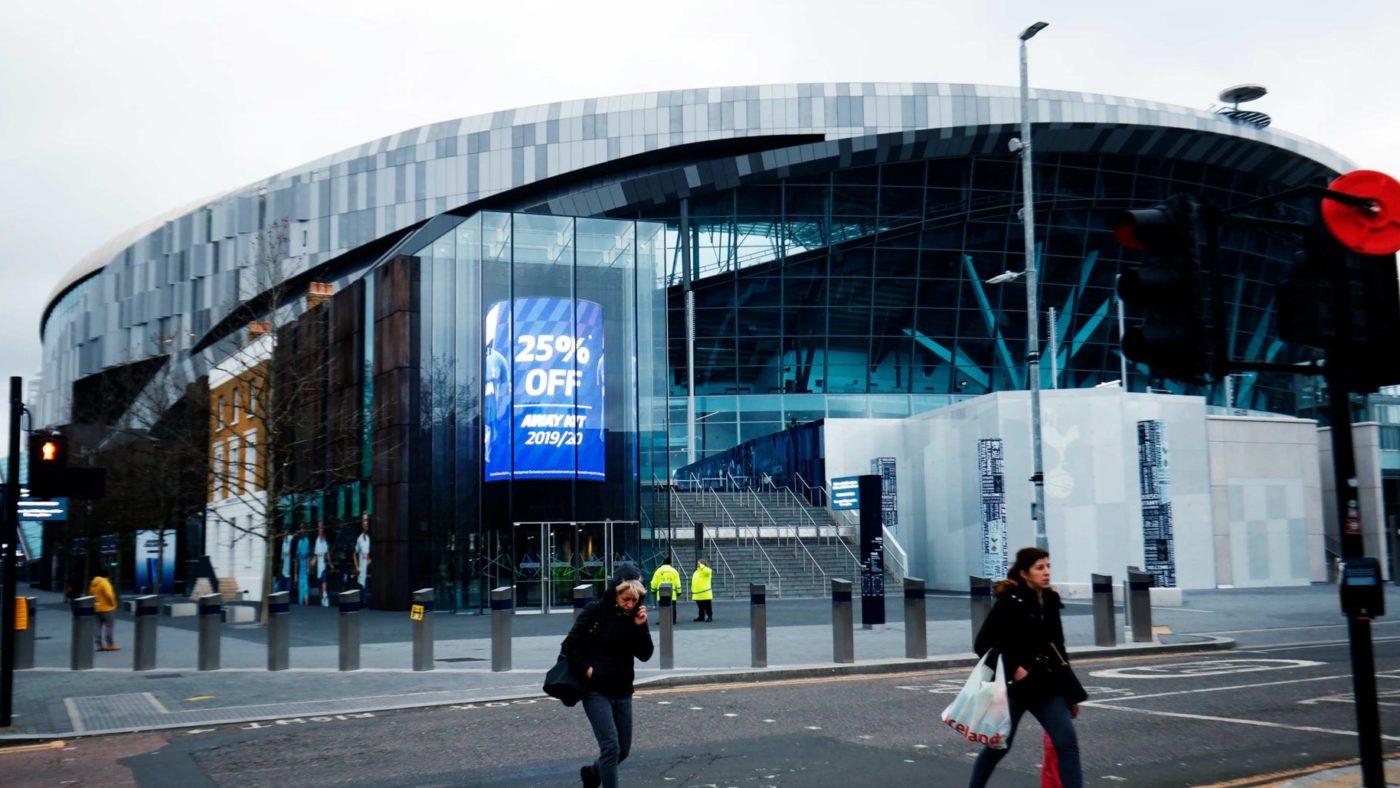No good deed goes unexploited and, at this extraordinary moment in time, the government’s relief schemes designed to keep struggling businesses are no exception to that sorry rule of life. Our old friend Moral Hazard is back in vogue.
For an illustration of this we need look no further than the Premier League. England’s top flight football clubs have acted as quasi-racketeers for years, of course, but hitherto they have concentrated on fleecing their own customers. Now they – or some of them at any rate – have expanded their ambitions and found a new target: the taxpayer.
How else to explain the determination shown by clubs such as Tottenham Hotspur, Newcastle United and others to take advantage of the Government’s employment support schemes by “furloughing” non-playing staff so the state – which is to say the taxpayers of tomorrow – pay their wages?
At Tottenham, club chairman Daniel Levy announced that around 550 non-playing staff would be required to take an immediate 20% pay cut and that many would be placed on furlough to take advantage of the government’s job retention scheme. Levy himself, who was paid £7m last year, will nobly forego some of his salary too.
But what of the players? The typical player at Tottenham reportedly earns around £75,000 a week, though some stars, such as striker Harry Kane, are on significantly more than that. Even a rudimentary back of an envelope calculation suffices to demonstrate that reducing that figure, in this current crisis, to a mere £50,000 a week would save Tottenham around £500,000 a week which in turn would be amply sufficient to support the wages of all the club’s non-playing staff.
Housekeeping, by definition, starts at home and there is no plausible justification for Tottenham, Newcastle, or any other Premier League club taking advantage of the Government’s largesse. Not when most players are trousering more money in a week than the typical British household earns in a year.
But the price of doing the right thing, as the Government recognises, is that other people will do the wrong thing. There is no obvious way of preventing companies temporarily laying-off workers they could easily afford to keep paying through this crisis and, instead, turning to the Government for support they do not require. Those companies, and their number will not be restricted to elite football, can game the system with breathtaking shamelessness.
What you can do is not always the same as what you should do, though evidently this is something yet to be understood by high-end football clubs. Not that they are the only offenders. Some of Britain’s banks evidently chafe at the suggestion this is not the time to be rewarding shareholders with dividend payments. In the case of HSBC, this restriction has reportedly revived the bank’s on-off threat to relocate its headquarters to south-east Asia.
In the current climate, that is a threat unlikely to impress the general public. In many respects British politics has barely shaken off or moved on from the legacy of the 2008 financial crisis. Saving the banks was, in part, a reward for moral hazard but the alternative – the destruction of the entire financial system – would have been far worse. Nevertheless, the sense the banks paid too small a price for their misdeeds was both widely felt and not entirely mistaken. That helped ensure a decade of begrudging politics.
Now, in this crisis, there is an onus on companies to act in the wider interest of society, not just the narrower ones of their chief executives and shareholders. That demands some restraint and some modesty too. The rules – which are moral ones rather than questions of statute – must apply to all. Individuals are being asked to change their habits; business must too.
That means looking after their own people wherever possible. The Government’s furlough scheme should be understood as help of last resort, not an opportunity to cut costs or support businesses with little to no need of that support. It seems obvious that some of the world’s largest football clubs – which trade on and sell themselves as great communities – do not fall into the category of requiring government help during this crisis.
Citizens who keep a little black book in which they note which companies have risen to the moment and which have not are quite within their rights to withdraw their custom from those firms which, quite evidently, are seeking to game the system. There might even be a moral imperative to do so.
Even where workers do require the state’s assistance – as in the hospitality sector – we may draw a distinction between those companies which pledged to support their staff before the Government’s schemes were introduced (Fuller’s pubs, for instance) and those which very much did not (Wetherspoon’s). This distinction deserves to be remembered for years to come.
For this is a proving time for business; a reckoning during which all their claims to be one great family or community will be tested. Major companies enjoy claiming “We’re with you, all the way” or “We’re here for you, always”. Well, now is the moment to demonstrate that these fine words amount to something more than ad-man shenanigans.
In the case of football, that means the man who cuts the grass is as important as the man who plays on it and if the latter must take a temporary payout to protect the former – without recourse to the taxpayer – then so be it. Greed, as some companies may be about to discover to their cost, is not so good right now. On the contrary, it is repugnant and even football ought to be wise enough to appreciate this.
Click here to subscribe to our daily briefing – the best pieces from CapX and across the web.
CapX depends on the generosity of its readers. If you value what we do, please consider making a donation.


